QuestionOk so i work at a pet store and we have this Russian Tortoise thats been with us for about 6 months (yeah it needs a home). Right now they have it in a small glass tank with I think just UVB heating, i doubt theres UVA. Theres a bowl for water, and a bowl for salad. The substrate is dirt. So I guess what I'm asking is, is this the correct substrate? I read both dirt for burrowing, and also some form of pine or cedar. As for their lighting you need both UVA and UVB, right? I'm sorry for loading you with questions, i did research and did read, but theres just some things you don't get/understand/etc. Anyway I also read that glass is not a good container for tortoise. And I can see why (he scrapes at the sides, its so sad). I just want him to go to a good home and I've recommended hutches and for starting out big durable plastic containers and then switch to a hutch or put it outside in a small nitched fence. And one more thing. Is it appropriate to feed them hay? Is it necessary? Thank you for your time and PLEASE dont reject me. Any information given would be GREATLY appreciated. Thank you
AnswerNo, you have done well. You are asking about an animal in a pet store so I require a little less than a medical question would.
To answer your questions:
A glass tank is not a good habitat for a turtle or a tortoise. You are doing much better in recommending hutches or outdoor fenced enclosures. That is what I recommend, and I have kept turtles and Russians indoors in rabbit hutches, and outdoors in enclosures using landscape timbers and chicken wire, cinderblock walls, or garden mesh fencing.
Chelonians ( turtles and torts ) are very intelligent, and they need activity and space to stay stimulated. They will get depressed being kept long term in a small tank. It affects their metabolism, muscle development, and immune system, because it causes stress...so despite what anyone else may say, reptiles can be clinically
"depressed" by adverse conditions. This can kill them as it depresses immune response.
IMPORTANT: Dirt is ok, BUT ABSOLUTELY NEVER USE PINE OR CEDAR ON ANY REPTILE. CEDAR IS TOXIC AND PINE CONTAINS SAP THAT IS AN IRRITANT.
Dirt works for Russians, but timothy hay mixed with coconut bark substrate or organic potting soil is better. Opinions differ, but basically a Russian can be cold and dry, or wet and warm, but he cannot be cold and wet at the same time, or they get sick. They come from dry arid regions, but forested areas too, so I would offer one end of the enclosure that is kept dry and another more humid. Many people use "tortoise tables", and if you do a websearch you can find some good ideas for that.
Russians also aestivate for up to 9 months of the year in the wild, so most people tend to way way over feed their Russians, because a Russian will eat like a horse when it can. This is because in the wild they have to eat a lot in a few short months to sustain them the rest of the year.
As far as UV; any lamp that produces UVB will produce UVA as well. It is more likely that you have a UVA lamp that is not producing UVB. That is what most pet stores try to get out cheap in doing, because they normally have to take the lamps for the animals out of the shelf stock, and won't pony up for the good lamps for the captives.
What I recommend for tortoises is a mercury vapor flood/spot lamp, specifically a Mega-Ray. They are the best UV lamps sold on the market. Fluorescent tube lamps just don't prduce enough UVB, and stay away from compact coil UV lights at all cost. They are cheaper, but many herps have been killed or blinded by them due to faulty manufacture. You can read more about that at http://reptileuvinfo.com/
Check into the diet and make sure they are being fed correctly. They should get no lettuce. It contains too much water and no nutrition. It causes diarrhea and respiratory illness from excessive water. Make sure they do get some greens though, and other healthy veggies, such as sweet potato, squashes, etc. ( grated ), limited fruits because sugars are not good for them, and never any meat or insects. They will also eat timothy hay and alfalfa, though alfalfa is heavy in protein and should be fed to them sparingly.
I admire what you are doing, and taking the time to do the research about the animals in your store. You are being a good advocate for them, and doing more than most employees will. I don't know who you work for, but let me just say that I do a fair amount of time trying to tell the Petco and Petsmart employees what they are doing is wrong, and the animals are suffering for it, but most of them don't care or they think the information they have from someone at corporate is correct....which very rarely is it...
Read up at:
http://russiantortoise.org
http://chelonian.org
http://www.tortoisetrust.org
http://www.tortoise.org/cttclink.html

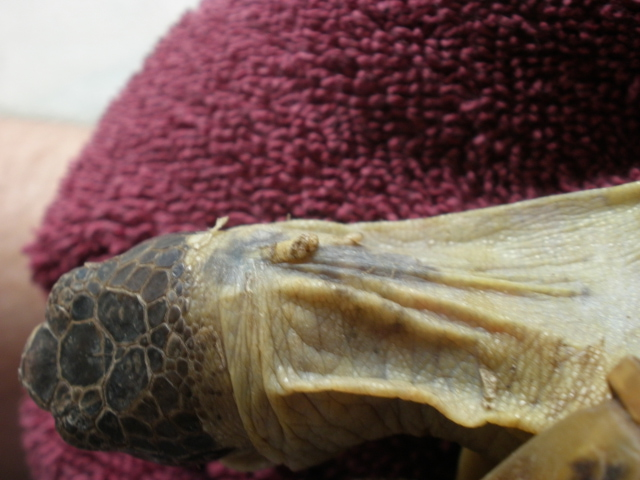 Russian Tortoise neck discoloration
Question
Neck 1 Neck 2
I have a Russian to
Russian Tortoise neck discoloration
Question
Neck 1 Neck 2
I have a Russian to
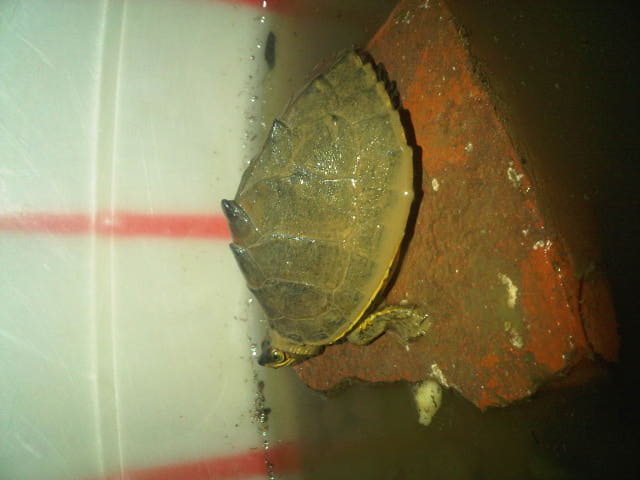 q.
Question
Sir I want to know about this t
q.
Question
Sir I want to know about this t
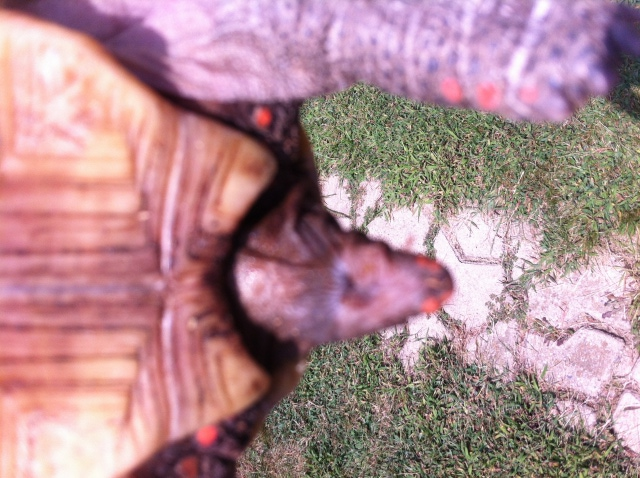 Redfoot tail
Question
Tail1 Tail2
A few days ago I went
Redfoot tail
Question
Tail1 Tail2
A few days ago I went
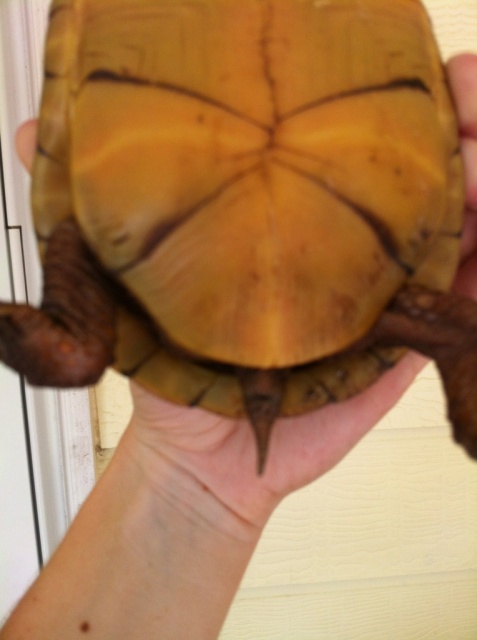 male or female box turtle?
Question
box turtle
Is this a male or female box
male or female box turtle?
Question
box turtle
Is this a male or female box
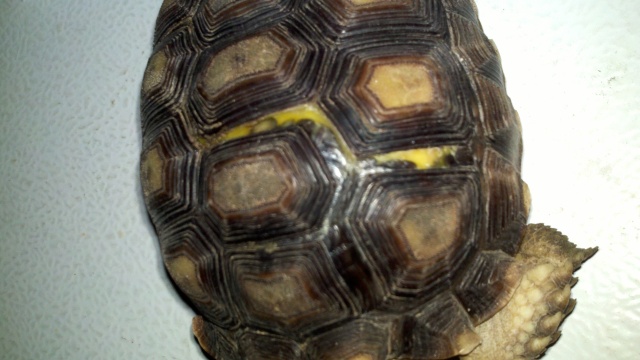 Salcata tortoise problem
Question
shell
I found a tortoise that I believe to be
Salcata tortoise problem
Question
shell
I found a tortoise that I believe to be